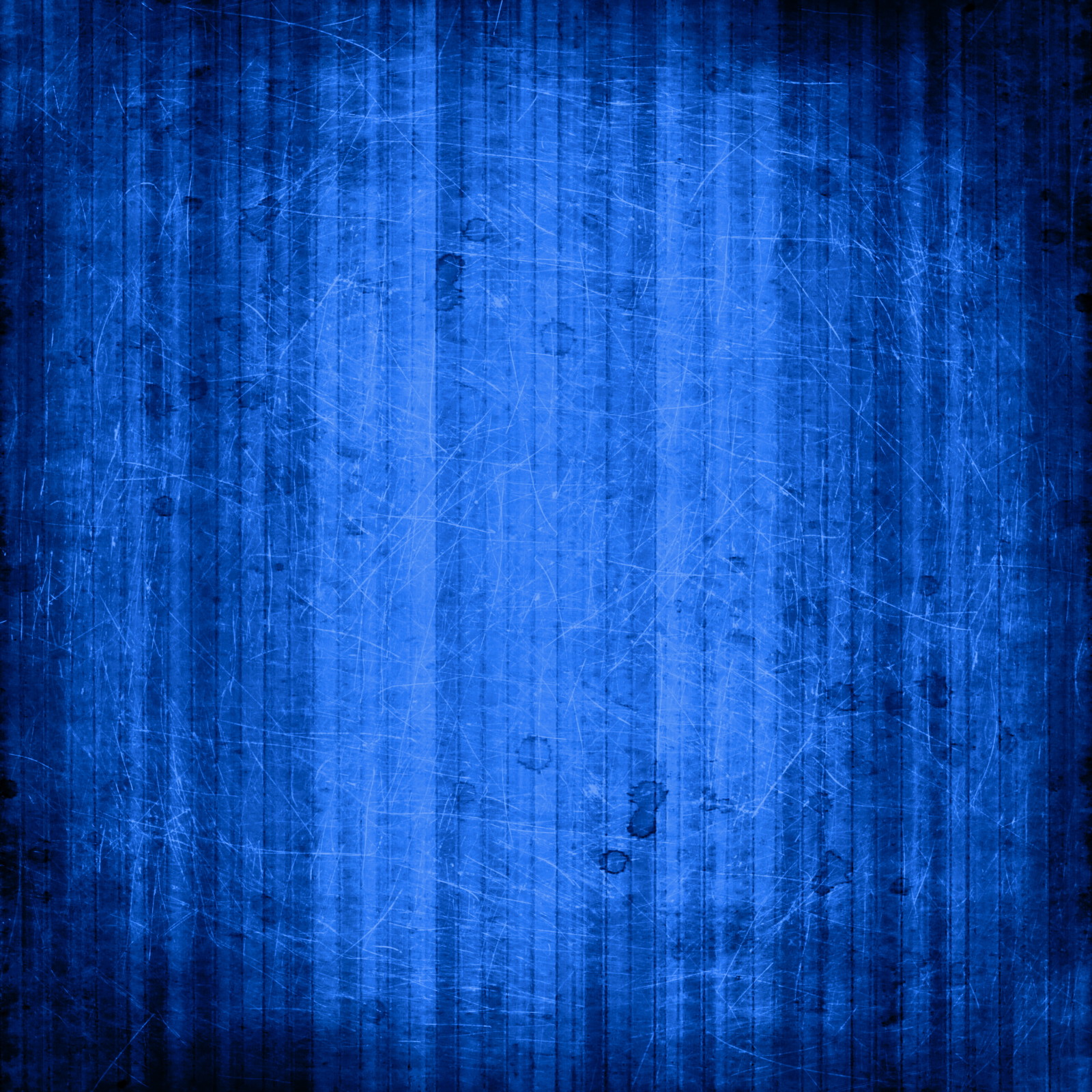What Causes Acne?
Written for Walgreens.com
Almost everyone has been affected by acne at some point in their lives. Although most cases occur in adolescents, as many as 20% of outbreaks occur in adults. Yet despite the prevalence of acne, it is rarely understood.
To get to the bottom of what causes acne, we first need to have an understanding of what acne is. There are four main types of acne: pimples, whiteheads, blackheads, and nodules. Although they all look different, each has a common root: hair follicles that become plugged with oil and dead skin cells.
Both oil and dead skin cells are normally found inside hair follicles. In fact, each hair follicle in your skin connects to a sebaceous gland. These glands have an important function. They secrete an oily substance known as sebum to lubricate your hair and skin. Normally, the oil travels up the shaft of the hair and eventually makes its way out of the hair follicle to emerge at the surface of the skin where it can do its moisturizing work. However, things don’t always go so smoothly. Occasionally, an excess amount of sebum combines with dead skin cells to form a soft plug, creating an environment where bacteria can thrive. The plug may cause the hair follicle to bulge and produce a whitehead. Or, the plug may be exposed to the air and darken, resulting in a blackhead. Pimples form when inflammation or an infection has set in, and nodules occur when the swelling and inflammation occur below the skin’s surface.
There are many myths about what can trigger or aggravate an existing case of acne. These include eating greasy foods and chocolate, having dirty skin, or being genetically predisposed to acne. But these myths are just that, myths. Instead, scientists have isolated three main factors that cause acne: 1) overproduction of oil (sebum), 2) irregular shedding of dead skin cells, 3) buildup of bacteria. These three factors tend to be highly influenced by the following:
Hormones
Hormones called androgens (which include testosterone) can cause sebaceous glands to enlarge and make more sebum. This is especially seen during puberty, pregnancy, and with the use of certain kinds of oral contraceptives.
Medications
Drugs containing corticosteroids, androgens, or lithium are known to cause acne.
Diet
Some studies have shown that eating dairy products and carbohydrate-rich foods such as bagels, bread, and chips (which raise blood sugar) can cause acne.
Cosmetics
Certain cosmetics are known to be comedogenic, which means they will clog pores.
Occupations
In some jobs, exposure to industrial products such as cutting oils may cause acne.
Although it may be impossible to avoid all of the risk factors above, there are both prescription and homeopathic remedies to combat acne. These treatments work by unclogging pores, killing bacteria, and minimizing oil. For more information and treatment guidelines, it can be helpful to schedule an appointment with a dermatologist, a doctor who specializes in treating the skin.

